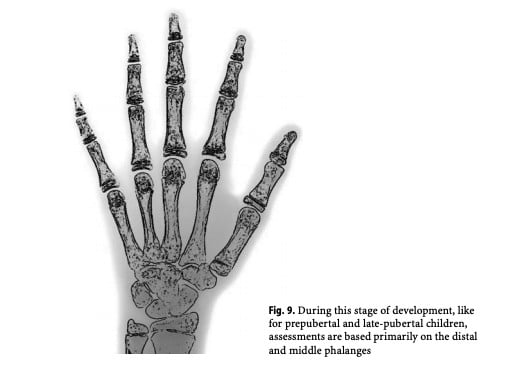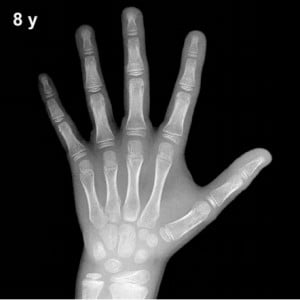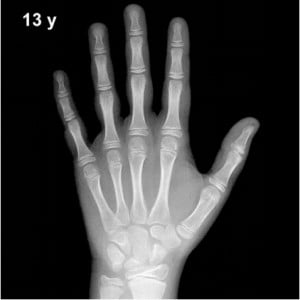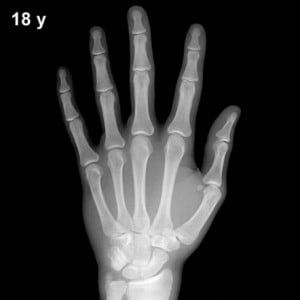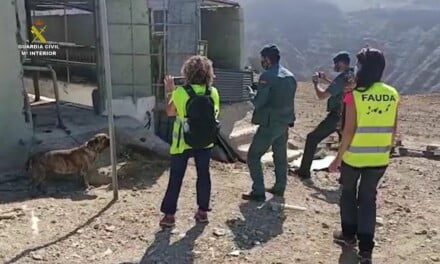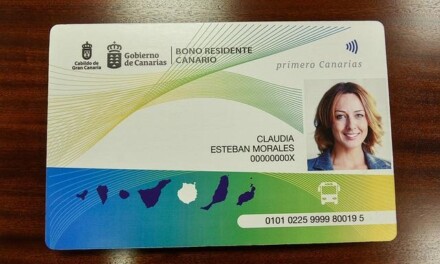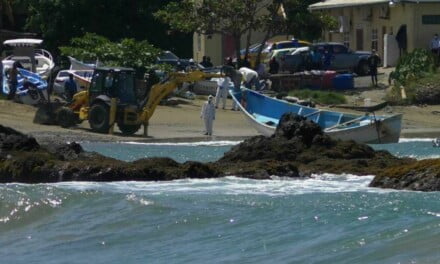Around 500 migrants, who arrived irregularly to the Canary Islands archipelago, from the African continent, are still pending medical determination of whether they are adults or minors, reports the Canary Islands Minister of Public Administrations, Justice and Security, Julio Pérez .
This was stated in the parliamentary committee, in response to a question from Deputy Jana María González, who pointed out that there are significant delays in conducting tests to determine the age of migrants who arrive to our shores undocumented, leaving the authorities with no sure way to know if they are adults or minors, under 18 years of age.
The deputy stated that up to 75% of those minors, under guardianship in the Canary Islands, have not yet been able to have the bone age determination test, adding that the obstacle is with the health department and in the performance of radiographic tests, to which she added there is a lack of resources and that this methodology is not entirely valid.
- 8 years
- 13 years
- 18 years
 In his response, Julio Pérez indicated that the resources requested by the Prosecutor’s Office have already been increased and assured that the delays are being caused by the complexity of the evidence itself. He also said that the Canary Islands received almost 1,800 minors over the last year and that not all of them are in doubt.
In his response, Julio Pérez indicated that the resources requested by the Prosecutor’s Office have already been increased and assured that the delays are being caused by the complexity of the evidence itself. He also said that the Canary Islands received almost 1,800 minors over the last year and that not all of them are in doubt.
He also clarified that there is no alternative methodology because that could contradict constitutional and legal requirements and legal claims. “It is not an action that we think can be simplified. We have done everything possible, but what we are not going to do is rush, because we are trying to determine a condition on which the future of a person depends,” said Perez.

